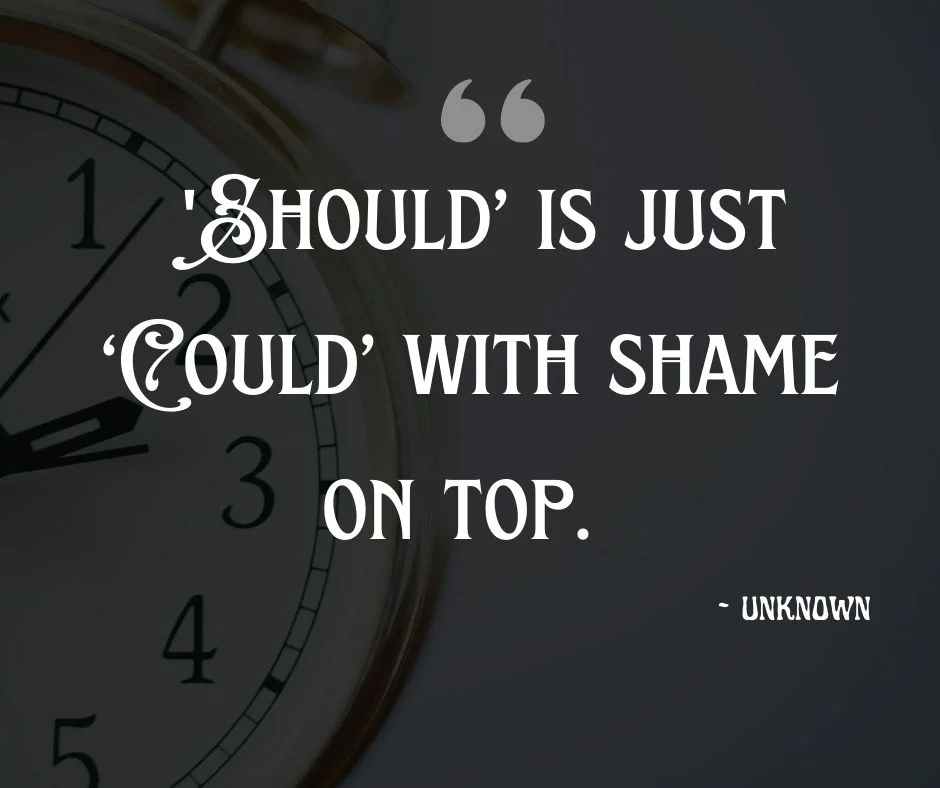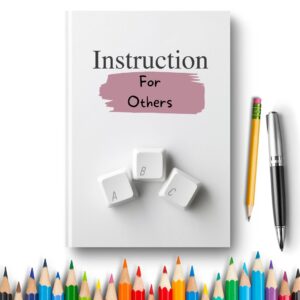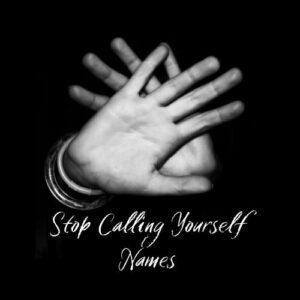
I spent a lot of years committed to the thought that my dad shouldn’t have died when I was sixteen. Everyone agreed. The problem was that this thought pushed against a reality that couldn’t be changed and kept my focus on what I couldn’t control.
The cognitive distortion of a should statement expresses the idea that something is happening you don’t want to be happening. These thoughts can be about ourselves, others or events in the past, present or future.
This article is part of a series on cognitive distortions to help you identify the common ways brains distort reality. Being able to recognize these distortions in our thinking offers objectivity – giving us more authority over our emotional lives.
Should thoughts about the past be a form of arguing with reality; our minds protest against what has already happened. When we look to the present or future with a should thought it’s an expression of judgment of what is believed is right or wrong. I’ve heard it say this kind of ‘should’ is just ‘could’ with shame on top.
There’s nothing inherently wrong with a should thought. It’s more a question of whether it feels good or bad when you think it.
Sometimes we want to keep our should thoughts. They reflect standards that are important to us and align with how we want show up in the world and those we want to associate with. As a society and even within our family systems we collectively agree to many moral and legal should’s that maintain order and create stability.
Nonetheless, should thoughts are still mental constructs created by our brain based on our culture, values, morals, religion, etc., and not objective truth. It could even be argued there’s only one absolute should; the law of nature (ie gravity, as in ‘when I let go of this pen it should fall to the ground’).
Here are three common types of should thoughts:
Self-Directed Should: When we tell ourselves, “I should be doing something other than what I’m doing.” This is a form of self-coercion that sets up an internal power struggle and leads to guilt and inferiority. Using words like ought, and have to are also often indicative of an underlying should statement.
Playing God: It is tempting to believe you know how things should happen or how others should act. Believing we are the authority on the world and other people can be an effective way to feel certain & righteous while avoiding responsibility for our thoughts and feelings. This kind of should often ride along with blame and can lead to feelings of bitterness, frustration, and disconnection.
Hidden Should: Here we’re unaware of our attempts to enforce or impose our rules & expectations on others, ourselves, or the world. Uncovering these hidden should’s allows us to make a conscious decision whether it’s worth the price to maintain our efforts or if we want to make a change. Sometimes hidden should thoughts can be baked into rhetorical questions like, “why is she like that?” “what’s wrong with me?” or “why can’t he act differently?”
It’s easy to fall into the trap of should thoughts and, once there, it can be difficult to free ourselves. Here are three steps to extricating from a should thought loop:
Step 1: Recognize and identify your thought as a should statement and not a fact. The brain has a way of offering thoughts that sound like facts or truths so it’s important to start by acknowledging that anything with the word should be neither.
Step 2: Notice how your should thought affects you. What happens when you tell yourself this thought? What are the names of your feelings? What do you do when you feel this way? What do you not do? And what result does this thought create for you? Does it move you forward or keep you stuck?
Step 3: Assess your reasons for thinking this thought and then decide to keep it or discard it deliberately. There are no right or wrong decisions on what to think. You get to believe whatever you want; you just want to like your reasons and think them on purpose.
If you decide you don’t want to keep a should thought, here are two antidotes:
Antidote #1: Replace the word should with other expressions like could, prefer, wish, want, it would be nice if, etc. For example, instead of “I should call my mom more often,” tell yourself, “I haven’t called mom in a while – I could start calling her more often starting today.” Another example might be instead of, “My son should get better grades,” you can change it to, “I wish, prefer, want my son to get better grades.”
Antidote #2: Instead of believing the lie your brain tells you about what’s supposed to happen, admit to yourself that you can’t actually know what someone should do or how life should go. Ask yourself if you’re willing to be wrong about your should thought and what you would make it mean if you were.
After looking at my own reasons for hanging on to my should think about my dad’s death and how it affected me, I decided it wasn’t serving me. Now I choose to believe that my dad should have died exactly when he did because that’s how it happened and it was not going to happen that way. Practicing this perspective has helped me release my resistance to what happened and allowed me to accept life on life’s terms.
Want to learn more about this distortion? Check out this podcast episode by Dr. David Burns.
If you missed the article on the cognitive distortion of Overgeneralization, you can check it out here.



